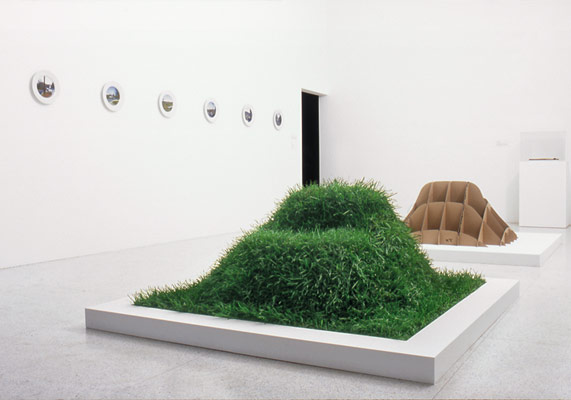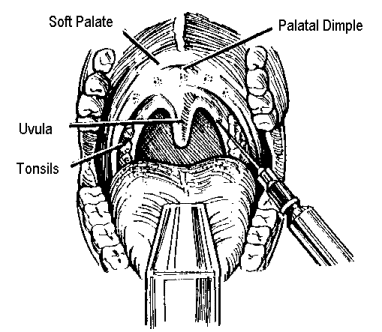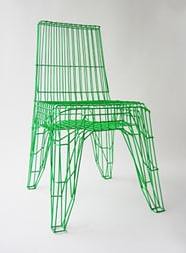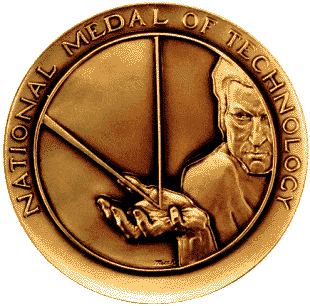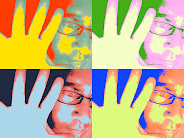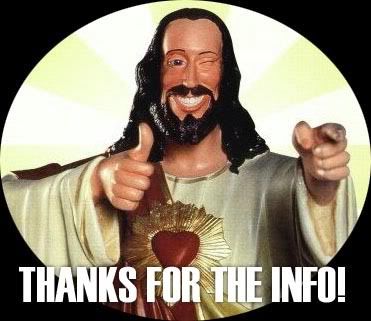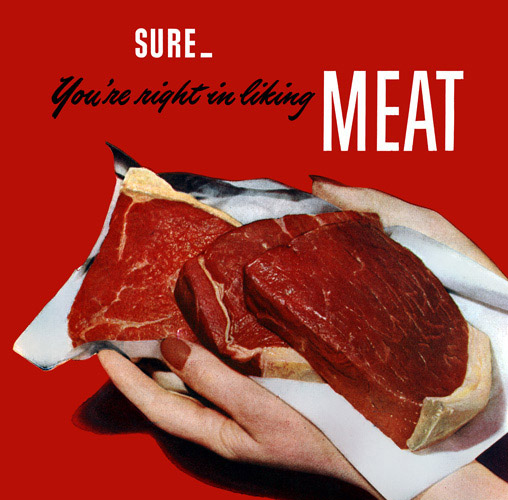
I have just finished reading Michael Pollan's
"The Omnivores Dilemma" ... and i agree (and have always felt) that it's fascinating how we draw a line around some animals as if to say "You are a pet, and we will not eat you."
He points out that most pigs are probably more intelligent than the average dog- yet we are quite happy to eat
them without a second thought. If you're "kosher" i think you're only allowed to eat pork at
certain restaurants.
(The Chinese however do have the "Chow Chow" breed - which was bred to actually be "Chow"- although according to wikipedia this is actually not how it got it's (English) name! )
I think that ethically we should separate the killing of animals from the actual eating of meat. I don't actually think there is any good argument not to eat meat per se- but unfortunately you usually have to kill animals to get it. As Homer put it "If God wanted us to be vegetarian, why did he make animals out of meat?". (Also in that episode Lisa has a nightmare in which she is chided by a pig: "You don't eat our meat, but you glue with our feet!"). Hopefully we will be able to grow enough twitching clumps of cloned striated cow muscle before long- and then we can all stop feeling guilty.(see
In-Vitro Meat). Once this technology matures, we'll able to order up any sort of meat or meat combination- lion, elephant, whale, human. Cannibal-themed restaurants will open- you'll have to be careful if you order a 'Bloody Mary'.
Pollan argues that we should eat meat from animals that have led a 'good life'- doing whatever it is that's in their instinct to do- graze on grass in a field, rather than be stuck in a feedlot prison eating corn and being pumped full of antibiotics. Yes, it's true that without us there wouldn't be domesticated farm animals. Yes, without B12 we die. Yes, it is the "instinct" of a feral human to eat meat..... but even so we should try to be nice to the animals before we put a bolt through their brains and BBQ them.
Perhaps the ultimate extension of this is to re-draw the circle and actually
start to eat our pets - obviously only once they have died of natural causes and exhausted either our ability to extend their lives, or our ability to pay the vet fees. Once venous access becomes too difficult for Mr Tibbles' dialysis- then we put her down, and stick her in a stir-fry. (Alternatively, "Roadkill Ragout" would also be an ethical dish.)
This week i also read two articles in the same newspaper that i thought juxtaposed our conflicted feelings towards animals.
In one article, it was reported that neglected aboriginal childeren in northern Australia had been found roaming the desert, suckling on dogs- "The very depths of depravity" i thought. The international news section had an article about the newly discovered monument found in Rome- honouring the site where Romulus built his mud hut. "Cool" i thought- i had no negative emotions thinking about those poor little abandoned fratricidal Italian boys.
Why is the idea of a baby suckling on an animal so disgusting when we are happy to drink milk squeezed from the breast of a cow?
Humans were all originally lactose intolerant (after weaning) however the genes for metabolising lactose into adulthood evolved in us along with our domestication of the cow.
It's fascinating to think of the steps involved: big-brains -> "milking a cow" meme -> cow domestication -> human lactose tolerance (approx 4000BC). Actually, only 30% of the world's population in lactose tolerant- but the process of letting milk rot into cheese breaks up the lactose, making it digestible.
In a sense, the cow has also domesticated us, thereby assuring it's own survival.










